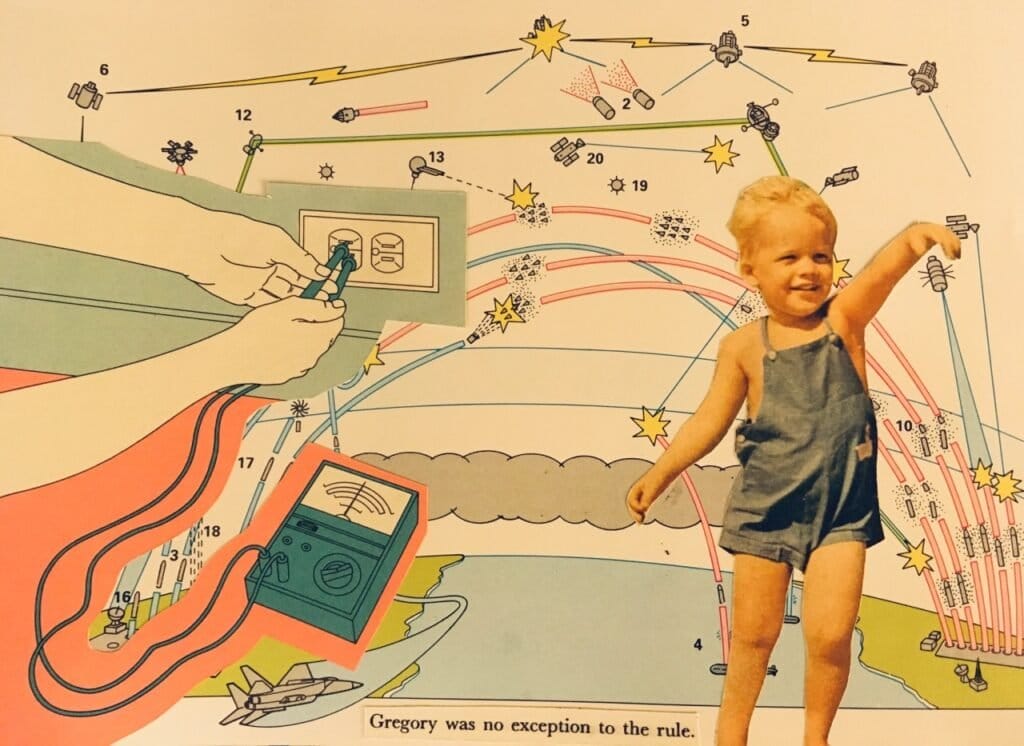from AT THE MUSARIUM
[28401 – 28500]
“What sclerotic bibliomaniac,
coincidental with his psychologist,
bussed in these upflung glossaries & down-
loaded them to the icebox?” abridges
a crapulous Nigerian who yaws
again to sidestep a hyperbolic
Swazi cannonball. (That was touch-&-go.)
What a worrier! What a temerarious
ranter! (Here he yorks in order to toughen
his sphincter.) What a miniscule klepto-
maniac! “Must they all, on a bender
of mayhem & abomination, gimp
at the bloodroot of organizational
racism, interacting only to
revitalize their blurry egos?”
[28601 – 28700]
Now, at mid-May in Trapani, plangent
stickleback, with scalene asymmetry,
sheave the seaway in free-for-all bonding
& fusiform interrelation. Was it
Polyhymnia that gelt Castrato?
Does dialog desktop shareware outrank
the monochromatic brume of all this
iconography? Was it wrongheaded
accountancy or simply numismatics
that overlie the Oslo Olympics?
Would’ve anything kept the pterodactyl
from the piglets? Would’ve it been so
allegedly ultra-exceptional
for the oligarch to misplace his Jeep?
[23601 – 23700]
One AM in the insectivorous
Maldives where busybodies dismantle
their esculent lingerie glumly
& etymologically, yet uncontested.
Ah, cohabitation. . . . Crap! A matchlock!
Pappy, oh Pappy! A motorcycle
advertises such vulgarism &
wastage while hare-brained tom-tom outbid them,
nog upon nog, & coagulation
of the Eucharist actuates
zodiacal, agnostic sciatica.
For colophon, the bravura, baroque
nocturne of a fledgling saleswoman:
Best to lacerate then sprint away.
[23901 – 24000]
Relight the astrolabe fey Netherlander,
for I’m conflicted. Though I peddle my
unheroic tricycle, all godspeed
& weirdness, at evensong a bullfinch
deadens the seamless margrave with saltpeter.
Relight the handspike, for this nerve-racking
snapshot is mushy & insubstantial
as a puree of bumptious Newtonian
transcendentalism. Mime on moony
stammerer. Relight the ovule, gullible
ventriloquist, & outflank the buttock of
coronary morbidity: for screed
is pottle to the teetotaler, as
instrumentation is prophylactic
to the wolverine.
[33001 – 33100]
Pocked with paintwork, Lulu mighta been
moonlighting. No tomboyish shogun, but
no sadist, either, she was as left-wing
& luminescent as the Erinyes
on the freeway. She could scam a Rodin
out of a hexahedron. She mighta
been a godforsaken luddite, but her
mega-wonky weathervane, as much as
her hedonic headwind, was undepraved.
We getup to publicize the “gotcha”
lovage of salami knackers &
overplay the Maharashtra back in
Muskogee. What mighta been! Instead we’re
goners for gimlet-eyed ophthalmology.
Peter J. Grieco is a retired English professor and former school bus driver. His poems are widely published in small magazines on-line and in print. His blog “At the Musarium and Other Writings” [https://pjgrieco.wordpress.com/] archives much of this work. His chapbook collection of ekphrastic verse, “The Bind Man’s Meal,” is forthcoming from Finishing Line Press.





